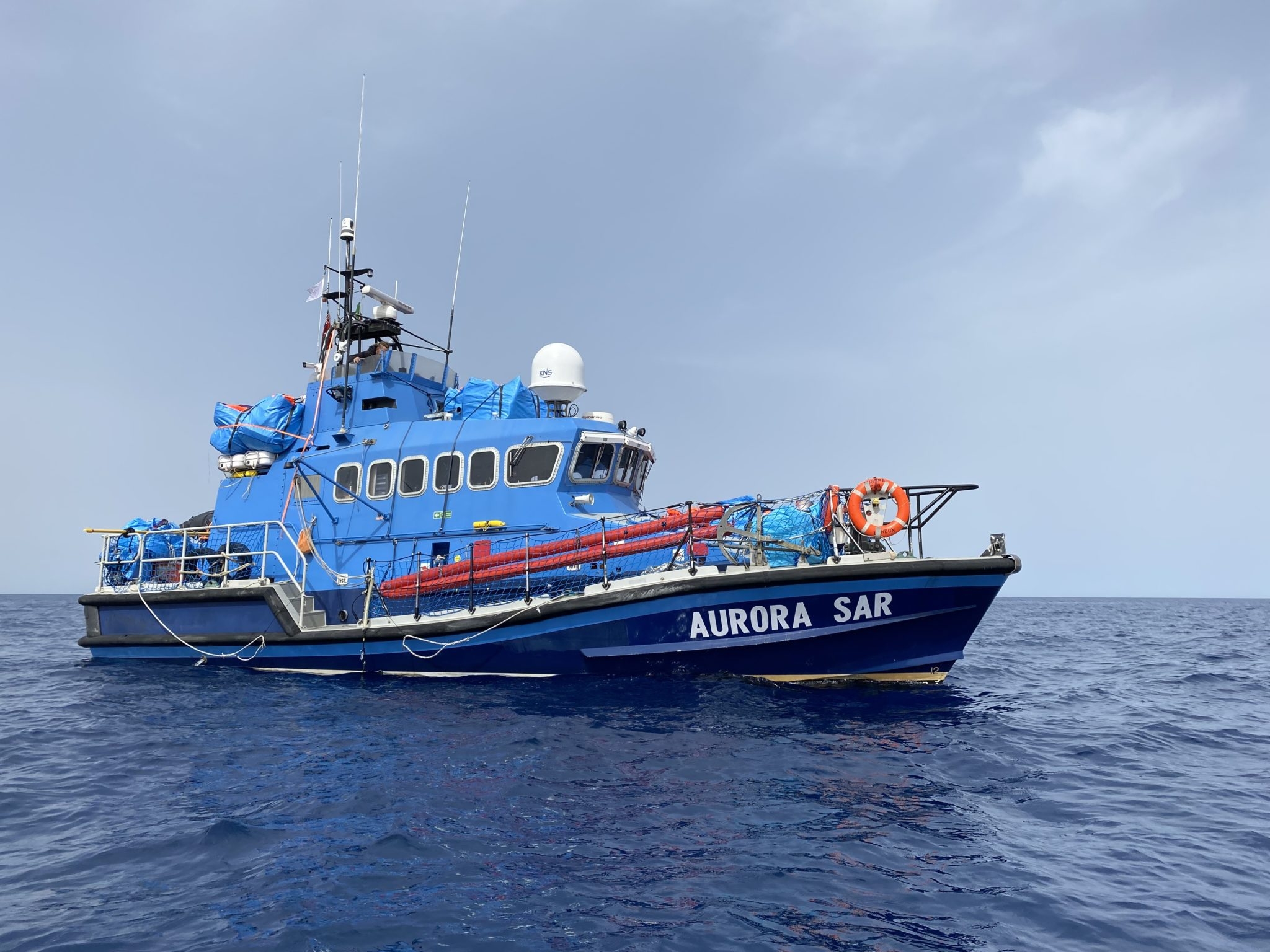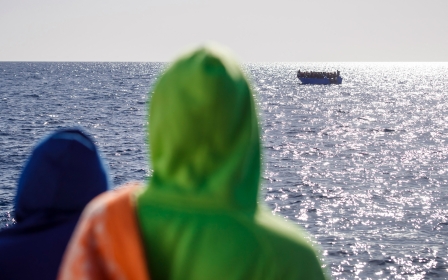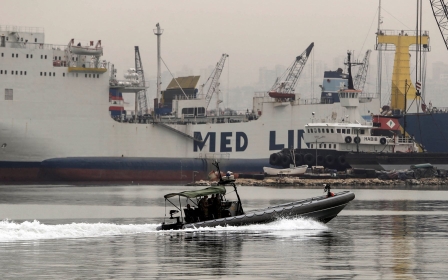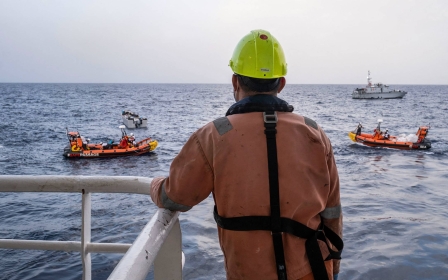British coastguard 'refused to rescue migrants in the Mediterranean'

The British coastguard denied assistance to a UK lifeboat trying to rescue 86 migrants in the Mediterranean in May, citing a potential "political fallout" over getting “too involved”, the i paper has found.
Communication logs from the night of 29 May show that Aurora, a lifeboat owned by UK charity Search and Rescue Relief, responded to a distress call from migrants off the North African coast, after their boat began to sink. There were 20 children on board.
As Aurora set off to rescue the migrant boat, which was about to capsize, the UK coastguard communicated that getting “too involved” in the rescue presented a “potential risk to rep” for the coastguard.
The logs show that a controller said that command would need a strategy briefing in case of “political fallout”. The strategy laid out advised that the British coastguard “do not speak with [the vessel] in meantime if possible. Minimise contact with vessel thereafter. Monitor.”
The UK coastguard told Aurora that it could not get involved - even though the lifeboat was UK owned and had a British flag - as it was not in UK Search and Rescue waters. The coastguard urged the lifeboat to find out whether the rescue could be assisted by the Maltese or Italian coastguards. The Italian authorities said it was not in their remit and it was either the Maltese or the UK's responsibility.
A spokesperson for the British coastguard told the i paper that they “refute any suggestion that we do not care about those who need rescuing. Her Majesty’s Coastguard is committed to the preservation of life above all else."
The statement added that international agreements and protocols were respected, and that the boat was in fact in the Maltese Search and Rescue Region, and it was not within the UK's maritime jurisdiction to intervene.
Days after the rescue, the British coastguard issued a prohibition to return to sea for Aurora, after concerns were raised by Italian authorities over the boat’s certification.
Middle East Eye propose une couverture et une analyse indépendantes et incomparables du Moyen-Orient, de l’Afrique du Nord et d’autres régions du monde. Pour en savoir plus sur la reprise de ce contenu et les frais qui s’appliquent, veuillez remplir ce formulaire [en anglais]. Pour en savoir plus sur MEE, cliquez ici [en anglais].




